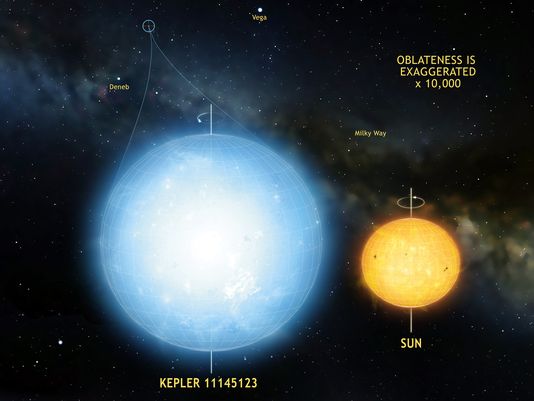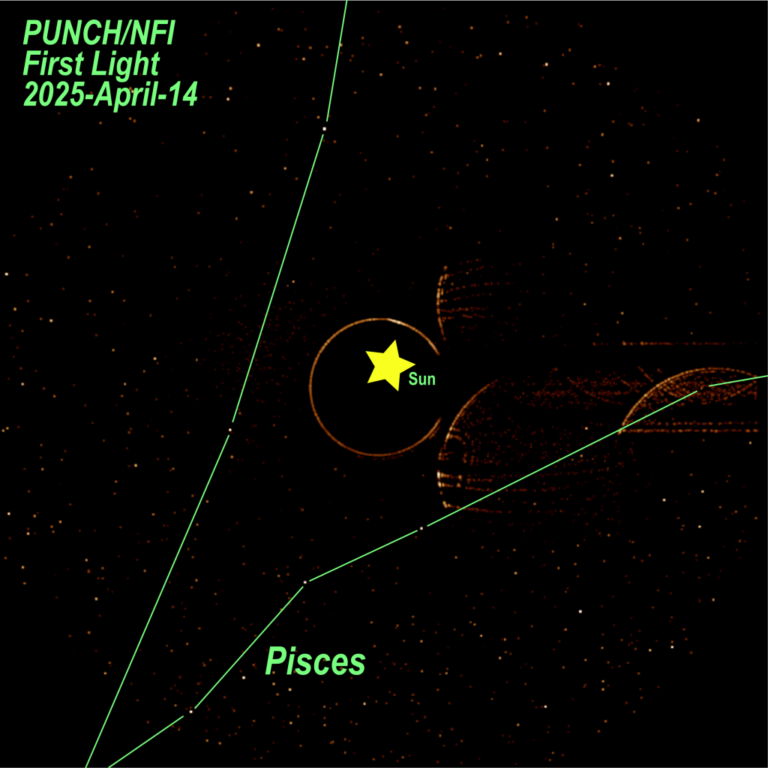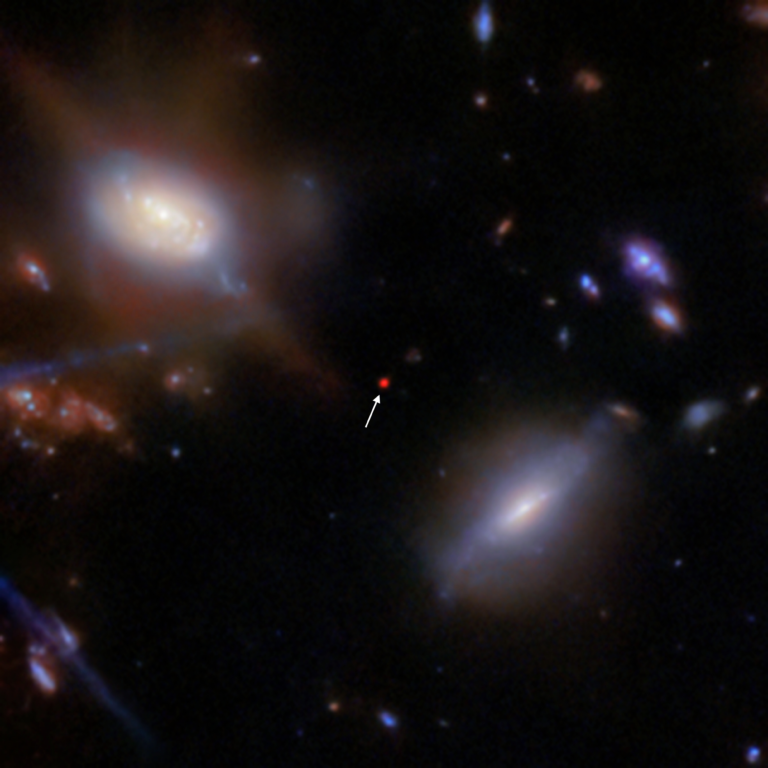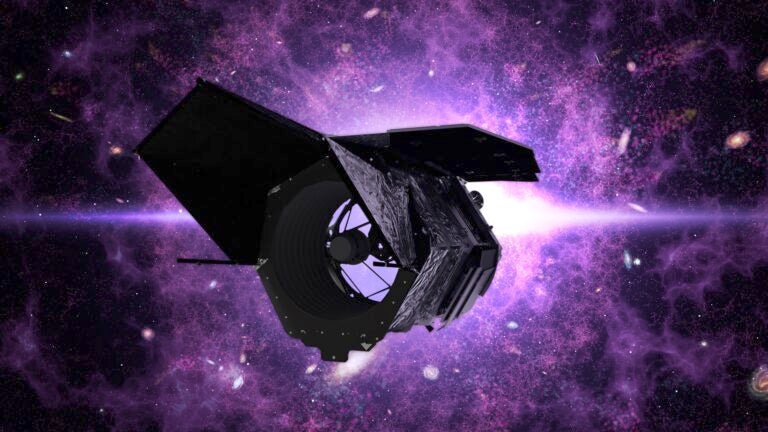Kepler 11145123, a star about 5,000 light-years from Earth, has been classified as the roundest natural object in the universe thus far discovered.
Stars and planets typically are flatter in the middle because of rotation caused by centrifugal force, which is why this discovery is so interesting.
Kepler 11145123 isn’t a perfect sphere, but it’s much closer than other stars and planets. The star is only four miles bigger at the equator than the poles, whereas Earth is 13 miles bigger at the equator than the poles and the Sun is six miles bigger at the equator.
Astronomers made this discovery using instruments aboard the Kepler space observatory, with a new technique determining the size with exceptional accuracy.
Laurent Gizon of Germay’s Max Planck Institute for Solar System Research and lead author of the study said they plan to use this new method to observe other stars.
“An important theoretical field in astrophysics has now become observational,” Gizon said in an interview with USA Today.
This study was published in Science Advances on Wednesday.
Source: USA Today










